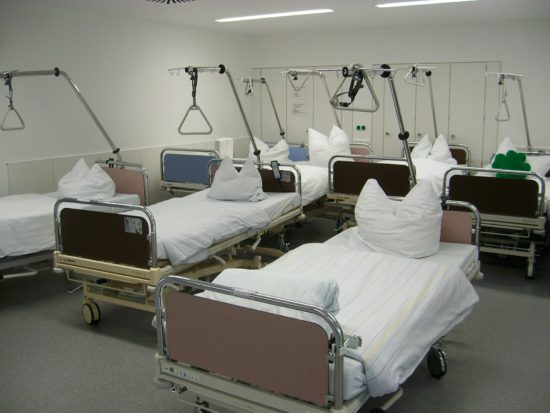Increase in Hospital-Acquired Carbapenem-Resistant Acinetobacter baumannii Infection and Colonization in an Acute Care Hospital During a Surge in COVID-19 Admissions — New Jersey, February–July 2020
Carbapenem-resistant Acinetobacter baumannii (CRAB) causes health care–associated infections that are challenging to contain and often linked to infection prevention and control (IPC) breaches.
A New Jersey hospital reported a cluster of 34 CRAB cases that peaked during a surge in COVID-19 hospitalizations. Strategies to preserve continuity of care led to deviations in IPC practices; CRAB cases decreased when normal operations resumed.
Hospitals managing surges of patients with COVID-19 might be vulnerable to outbreaks of multidrug-resistant organism (MDRO) infections. Maintaining IPC best practices (e.g., MDRO surveillance and hand hygiene and environmental cleaning audits) to the extent possible could mitigate spread.
AMR NEWS
Your Biweekly Source for Global AMR Insights!
Stay informed with the essential newsletter that brings together all the latest One Health news on antimicrobial resistance. Delivered straight to your inbox every two weeks, AMR NEWS provides a curated selection of international insights, key publications, and the latest updates in the fight against AMR.
Don’t miss out on staying ahead in the global AMR movement—subscribe now!







